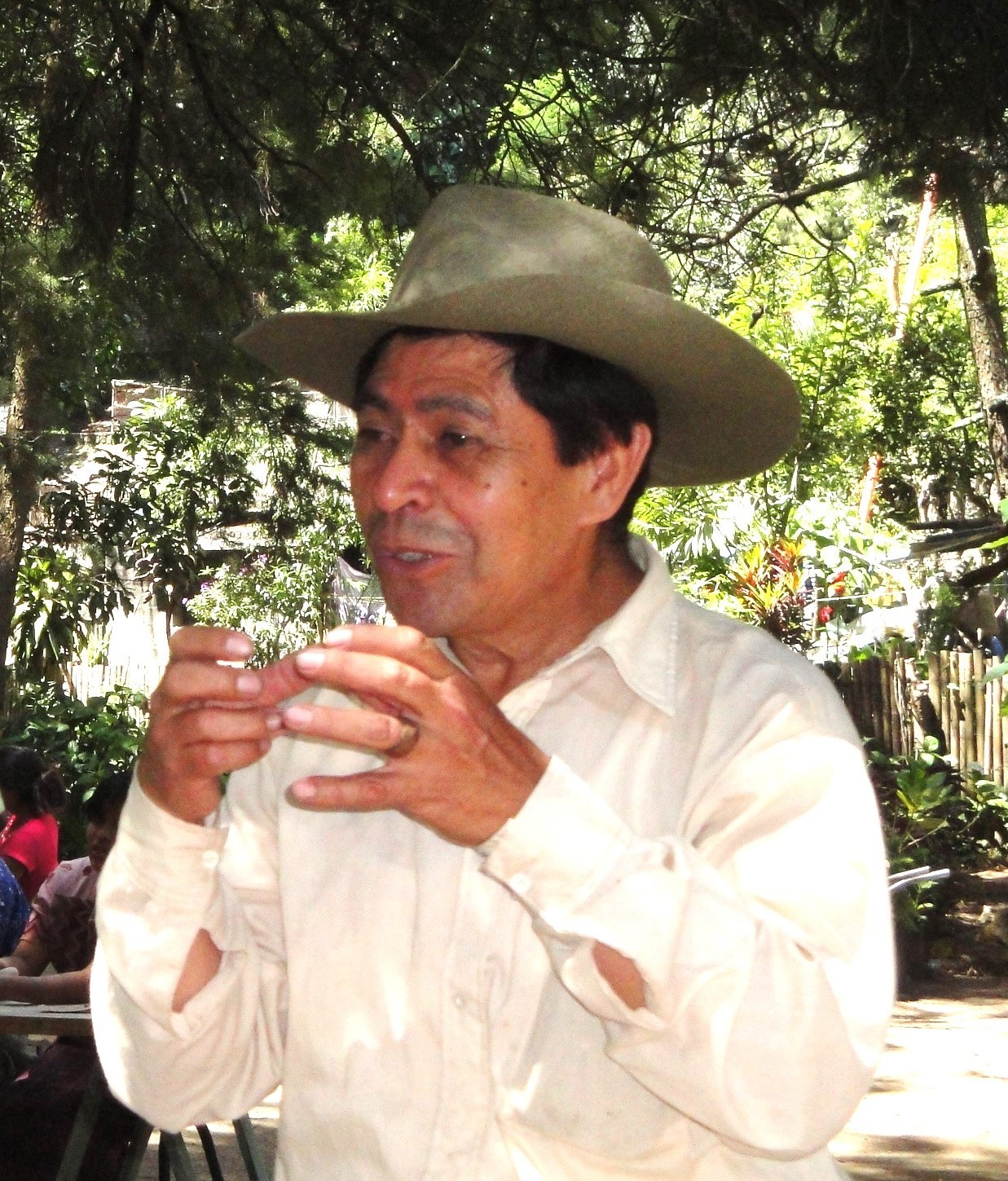Last fall I went on a silent retreat in the vast desert of Utah. The retreat was held not far from Navajo tribal land. One night during the retreat I grabbed my small flashlight and went for a walk along the dark, rural road that crossed this sparsely populated desert. After I was a good distance from the retreat area my flashlight began to flicker. The battery was dying. Before long the flickering light went out.
I began to worry that without a light I might get hit by a car on the winding road.
Then a young, Navajo woman driving a mid-sized, maroon truck pulled up beside me, rolled down her window and asked, “Are you OK?”
Not wanting to trouble her, I said, “Yes, I’m OK,” and thanked her for stopping.
She rolled up her window and I continued to walk. Within a few moments I realized she was not driving on ahead to wherever her destination was. Instead, she was following slowly behind me so that the bright headlights on her truck would illuminate the path ahead for me, a complete stranger. She followed behind me, shining her light, all the way back to the place where the retreat was taking place.
This experience reminded me of the call we all share, “to let our light shine,” to come along side, adding our light to each other’s, illuminating the darkness of our time, and our path forward together.
Jesus didn’t say, “let your light shine once you’ve gotten it all together and all your darkness has been transformed.” His call is to let the light of Divine Love shine through us in each moment, just as we are, in spite of our shadows.
—Killian Noe, New Creation Community
- What limits your “letting your light shine?”
- Are there thought patterns that block your allowing the light of Divine Love to shine through you?
- Are you moving toward offering your life more fully as a “lamp on a stand?”
K. Killian Noe was part of the Church of the Saviour Community in DC for 18 years before moving to Seattle where she co-founded New Creation Community, a faith community in the tradition of Church of the Saviour, and Recovery Café, healing communities for individuals suffering from homelessness, addiction and other mental health challenges. Recovery Café also operates the Recovery Café Network, helping groups across the US start Recovery Cafés.





